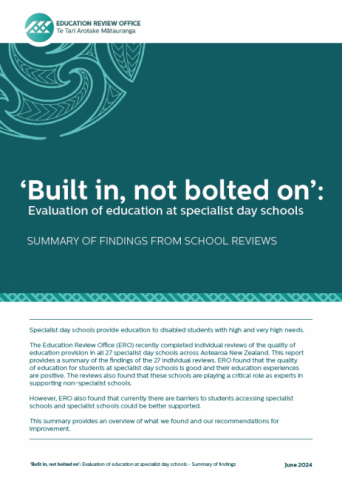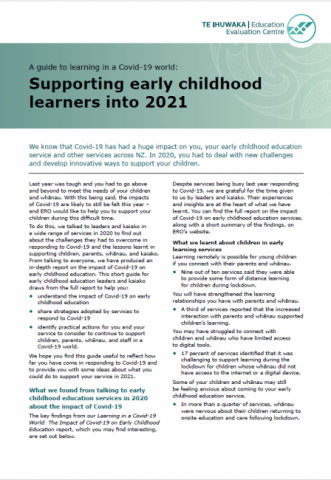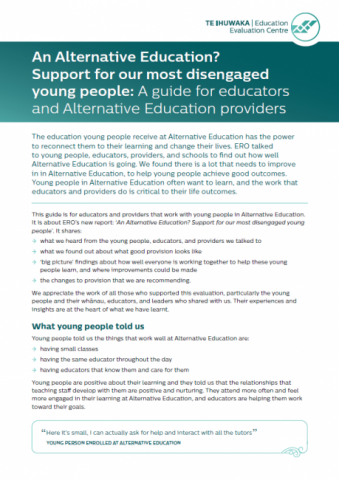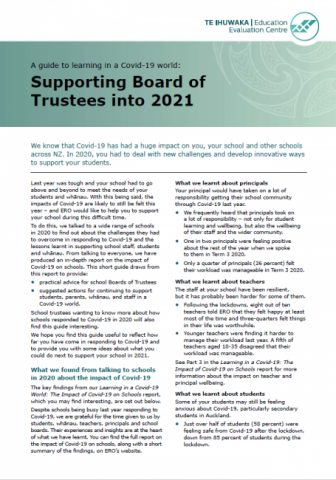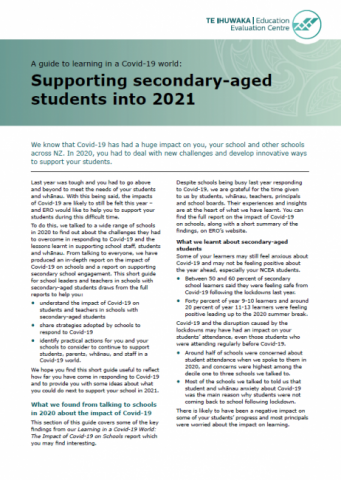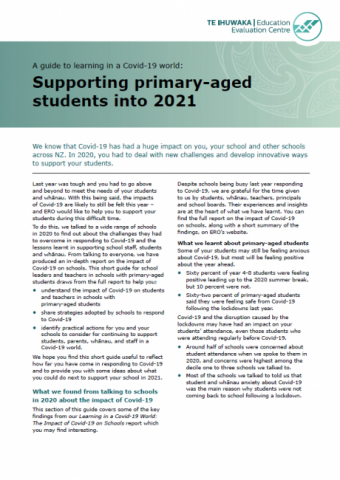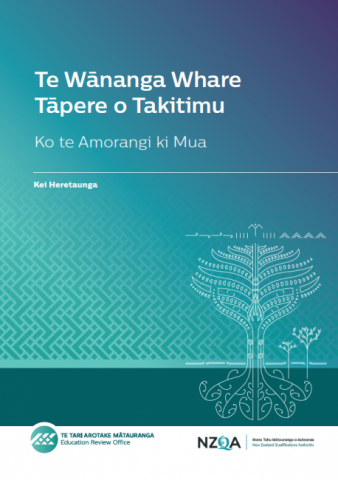Engaging with Te Whāriki (2017)
Published: 15 Nov 2018
New Zealand’s early childhood curriculum, Te Whāriki, was updated in April, 2017. Te Whāriki (2017) reflects the changes in theory, practice and early learning contexts that have occurred over the last 20 years. ERO is undertaking a series of evaluations focused on the implementation of Te Whāriki in early learning services from mid-2017 until the end of 2019.
- Audience:
- Early learning
- Education
- Parents
- Content type:
- Research
- Topics:
- Te Whāriki
- Early childhood curriculum

